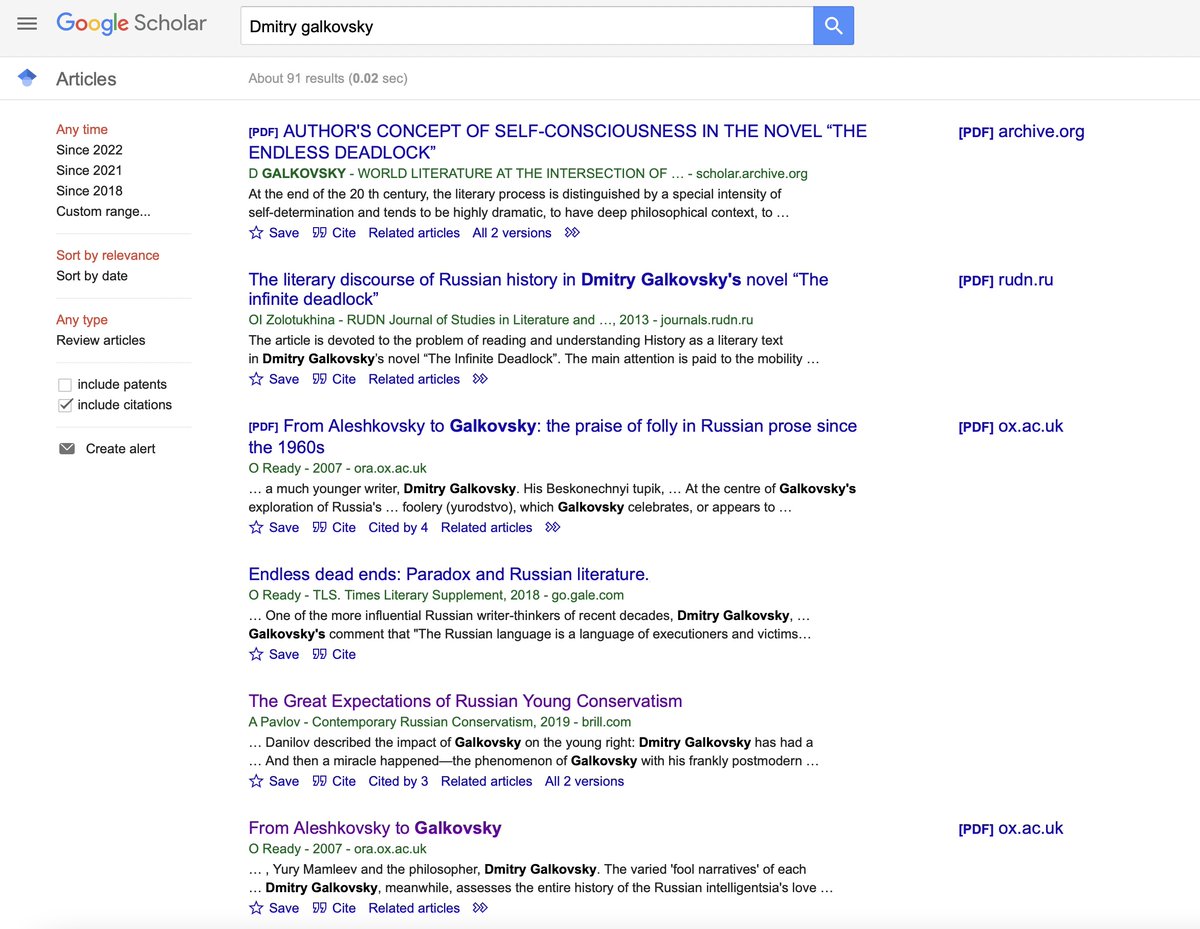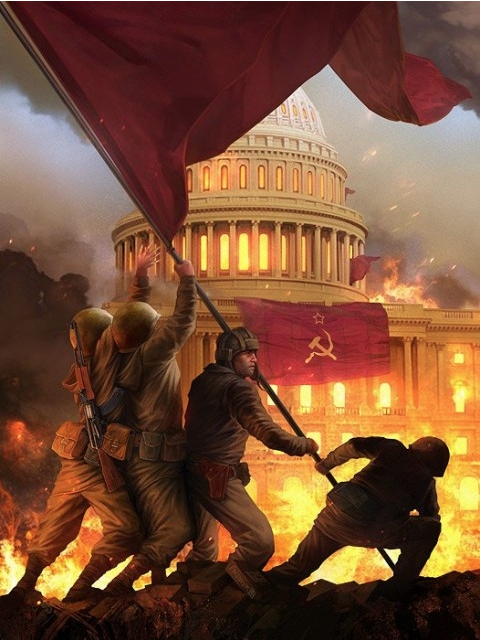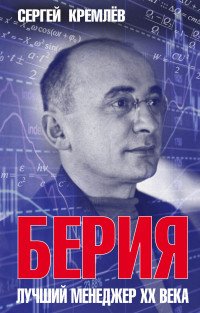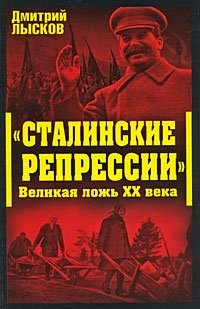3,068 views
War and Procedure
It's not the Russian regulars who are bearing the main burden of war in Eastern Ukraine. It is the troops of pro-Russian puppet states Donetsk People's Republic and Luhansk People's Republic. Just now 105th and 107th regiments of the DPR refused to fight 🧵
It's not the Russian regulars who are bearing the main burden of war in Eastern Ukraine. It is the troops of pro-Russian puppet states Donetsk People's Republic and Luhansk People's Republic. Just now 105th and 107th regiments of the DPR refused to fight 🧵
When Russia took control over parts of Donetsk and Luhansk Oblasts it didn't annex or unite them. They created two states: DPR and LPR, which were formally sovereign and separate from each other. This procedural decision backfired now with DPR fighters refusing to go to the LNR 
Watch this video with fighters of DPR's 107th regiments. They just spent three months fighting for Mariupol. Now they complain that their commanders want to send them fight to the LPR which is a "completely different republic", presenting them as "some Cossack volunteers"
This shouldn't be viewed as a proof of some "Donetsk identity" being separate from that of Luhansk. Motivation of these guys is clear, they openly say they don't want to be the "cannon fodder" and "non-mercenaries" (бессребренники) who are not even paid for fighting in Mariupol
They don't want to be used as the unpaid cannon fodder. How can they avoid it? Well, by correctly grasping and exploiting the nature of the Russian state (with its DPR & LPR proxies) which are all very procedural. They are not run by a personal whim, but rather by procedures
All arguments are procedural:
- We are DPR citizens being sent to a "completely different republic"
- They listed us as "Cossack volunteers". We are neither
- They mobilised us without a medical checkup
- They want to trick us from righting a complaint to the military attorney
- We are DPR citizens being sent to a "completely different republic"
- They listed us as "Cossack volunteers". We are neither
- They mobilised us without a medical checkup
- They want to trick us from righting a complaint to the military attorney
Now watch a complaint by the fighters of the DPRth 105th regiment. It's even better. I hope you know Russian so that you can enjoy its most beautiful канцелярит, the formal language of bureaucratic papers which nobody speaks on in real life (unless you want to make people laugh)
- We are not soldiers. We used to be college students and workers of various enterprises who were forcibly mobilised into the DPR army
- They told us we'll only maintain law and order or stand in the third line of defence. Bullshit. They sent us to attack Mariupol instead
- They told us we'll only maintain law and order or stand in the third line of defence. Bullshit. They sent us to attack Mariupol instead
- The medical examination is compulsory during the mobilisation. Nobody examined us. Many have chronic illnesses
- They want to send us to fight in the LPR. But we are citizens of the DPR, not of the LPR
- We already suffered casualties in Mariupol. Only 60% remain in service
- They want to send us to fight in the LPR. But we are citizens of the DPR, not of the LPR
- We already suffered casualties in Mariupol. Only 60% remain in service
News about the DPR army unrests are confirmed by Evgeniy Mikhailov in his live journal. Mihailov is an ex-governor of Pskov Oblast, ex-Deputy Chief of the Putin's Presidential Administration and also the ex Minister for the Council of Ministers of the DPR mikhailove.livejournal.com/416539.html 

Now Mikhailov is constantly showing up together with Strelkov. They're always bashing Putin for waging the war so inefficiently. For a number of reasons which I don't want to list here, I think that Mikhailov is sincere in his criticism of Putin not being a strongman enough 

What does the story of the DPR army unrest teach us? Well, first of all that many in the DPR army are unwilling to fight any further. They were forcibly mobilised and now their discontent reached the point when they dared to show an open disobedience. Fighting is too risky
In fact, fighting may b way riskier for the DPR troops than for the Russian regulars. Russian government is way more comfortable with using them as the cannon fodder than with using the Russian citizens. After all, DPR and LPR casualties are not even counted as "Russian" ones
Since DPR casualties are not counted as "Russian" , you'll mobilise in Donetsk everyone you can catch and then send them to attack the massive Ukrainian fortifications. You run out of the Donetsk males of course, but on the bright side you keep official Russian casualties low
It sucks being an DPR recruit sent to assault the Azovstal with only an ancient Mosinka rifle. And yet, those recruits absolutely can try to avoid being used as the cannon fodder if they understand the nature of the Russian regime. Which is - procedural. Like very procedural
Out of three branches of the pro-Russian forces fighting in Ukraine, Russian army is the most procedural, Chechen troops are the least procedural with the Donetsk and Luhansk armies having drifted from the non-procedural warlordships to the procedural bureaucracies over the years 

How can you protest decisions of a bureaucracy? Pointing out to the procedural requirements not being met of course:
"We are from the DPR and yet they are sending us to the LPR. Which is a completely different state that we are not citizens of. Procedural requirements not met"
"We are from the DPR and yet they are sending us to the LPR. Which is a completely different state that we are not citizens of. Procedural requirements not met"
"Procedure of mobilisation requires a compulsory medical examination. Nobody examined us. Many have chronic illnesses"
Btw: every young Russian male with an IQ above the room temperature collects as many certificates about chronic illnesses as possible. For this very reason
Btw: every young Russian male with an IQ above the room temperature collects as many certificates about chronic illnesses as possible. For this very reason
"We're trying to contact a military attorney to file a formal complaint. They are tricking us away from him"
Again this guys are trying to fight with the procedural decisions by procedural means. The decisions of their commanders are illegal and yet, procedural. You can protest
Again this guys are trying to fight with the procedural decisions by procedural means. The decisions of their commanders are illegal and yet, procedural. You can protest
As we can see, the mental model of the Russian state machine (including its DPR and LPR proxies) these people have on mind is very different from the mental model of many Westerners who view Russian policies as completely arbitrary and whimsical (which they are not)
DPR conscripts view Russian (+DPR+LPR) state as a huge machine, working according to an algorithm which absolutely can be hacked. Just don't protest openly and find some procedural pretexts in order not to follow its orders. Try being creative, that works
I'd even say that Germans or French would understand the Russian state machine much better than Anglos. Russian legal system is based upon the civil law rather than the common law model. It's much more about the letter rather than the spirit of the law. I'll give examples later
NB: don't view the Russian state as a human. Don't judge its actions or policies by a human logic. That's wrong. It's a super bureaucratic machine operating in a super bureaucratic algorithm and according to a machine rather than to a human logic
Notice that I'm talking about the peculiarities of the Russian institutional *culture* rather than about the peculiarities of the Russian state per se. Not only the Russian state but many of its rivals in the region ultimately share or shared the same institutional culture
Derluguian who studied the documents of Chechen rebels of the 1990s was impressed by their administrative style. They tried to document everything very meticulously, copying the Soviet style, conceptual framework and Soviet logic. They didn't know any other way of doing things
That's btw is a major difference between Chechnya and Afghanistan. For the entire 20th c Chechens had been learning how to live in a super bureaucratic Russian culture and adapted to it quite well. Afghans didn't have a comparable experience. Also Chechnya is not nearly as tribal
Let's assume for the sake of argument that those DPR conscripts know the institutional culture they're living in well and try to exploit it. In this case, the procedurality, the machine-like logic and the algorithmic-style policies would be particular features of that machine
I would argue that the quality of the Western, specifically American expertise on Russia is very uneven. When it comes to the "hardware", everything objective, material and quantifiable, its average quality varies from okays to absolutely great
When it comes to something as elusive and often unverifiable as culture, the quality of the expertise deteriorates quickly. Western expertocracies may understand well *what* their adversaries but they may have little idea why. They are not interested at all
What has always puzzled me about the American expertocracy is its incredible contempt to the public discourse and the public imagination of other cultures. That's why the American academia has little idea about the modern Russian nationalism which is a big factor of the Z-war
Don't get me wrong. I don't claim that the American pundits or journalists have no idea about the modern Russian nationalism. I claim that the American academia and the entire Russian studies industry doesn't. Because they never paid attention to it in the first place
Let me illustrate my thesis with the following blogpost of Mikhailov, who worked as a governor of Pskov a deputy of Putin's presidential administration and then a DPR minister:
The most horrifying Russian weapon is Dmitry Galkovsky
mikhailove.livejournal.com/390139.html
The most horrifying Russian weapon is Dmitry Galkovsky
mikhailove.livejournal.com/390139.html

Have you heard about Galkovsky? I bet you didn't. Academia is not very much interested either. I quickly typed the name into the google scholar and got just 91 results most of which focus on him as on a "postmodernist writer" 

Paradoxically enough, the person who created the language and the discourse of the modern Russian nationalism gets almost no coverage in the West. Because the Western (=American) academia has fundamentally wrong system of incentives when it comes to the Russian studies. End of 🧵
• • •
Missing some Tweet in this thread? You can try to
force a refresh

















